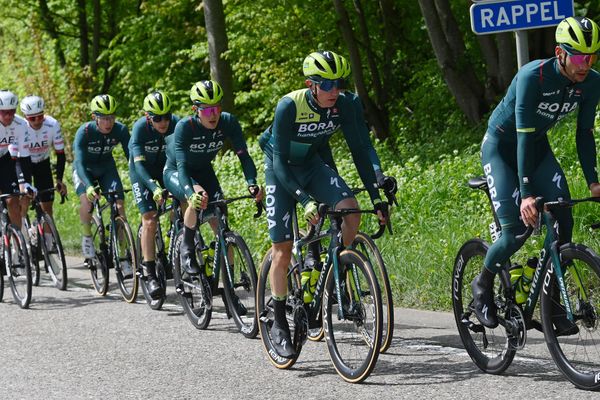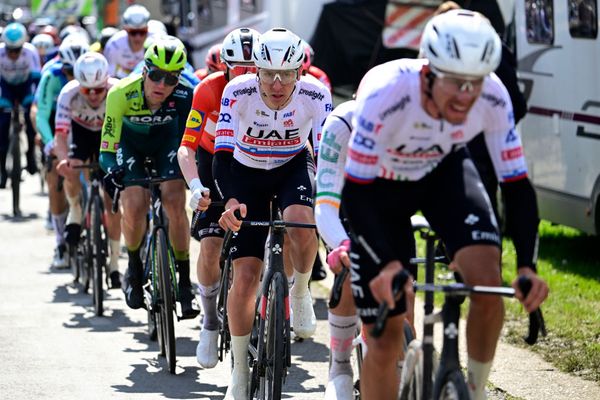A quarter of female professional cyclists receive no salary, The Cyclists’ Alliance survey finds
There are some positive trends but also backwards steps, and female cyclists continue to face big challenges when pursuing a professional career
Matilda Price
Racing News Editor
© Velo Collection (TDW) / Getty Images
The disparity between the top and bottom of women's cycling is getting wider, not narrower
This week, women’s cycling union The Cyclists’ Alliance (TCA) published the results of its annual survey into the experiences and working conditions of female cyclists, with this year’s report finding increased financial disparity in the women’s peloton, and the number of unpaid cyclists up from 2022.
The survey, which has been run annually since 2018, asked 140 road, track, cyclocross, mountain bike and e-sport cyclists about a variety of topics, including pay and resources, education and work, team satisfaction, and the challenges in the peloton.
The key findings revealed that 25% of riders currently receive no salary or income, 70% of non-WorldTour riders are paid less than €10,000 per year, and more than half the peloton still have to work or study alongside racing, suggesting that the recent attempts at furthering professionalisation are not very effectively trickling down to non-WorldTour teams.
“Despite some signs that women’s professional cycling is progressing, this survey also reveals that many women continue to face tough challenges in the pursuit of a professional cycling career,” the report’s opening statement reads ahead of outlining the key findings.
“The disparities between riders in the WorldTour and riders outside the WorldTour continue to grow wider.”
Of the riders surveyed, 53% of respondents raced for a Continental team, and 41% for a WorldTour team. As a result, many of the most interesting findings were from comparing the differences between these two groups, with the WorldTour riders protected by many policies around employment and pay, but Continental teams being bound to very few guidelines.
A quarter of riders are not paid
The headline number of all of TCA’s annual surveys is the number of riders in the peloton who receive a salary, and this year the report found that 75% of riders are paid, leaving 25% completely unpaid.
Excluding WorldTour riders - who have a minimum wage - this number rises to 41%, and the survey found that only 15% of non-WWT riders earn more than €20,000 a year, highlighting just how little most Continental riders earn.
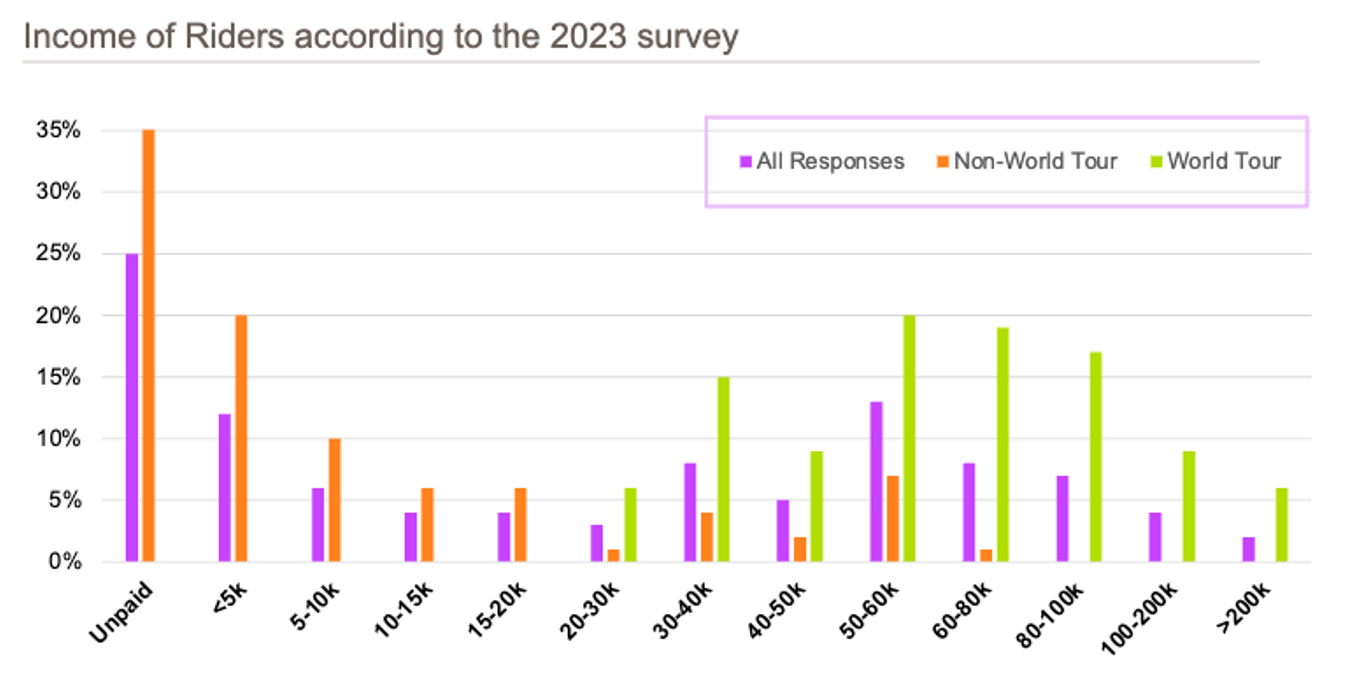
© The Cyclists' Alliance
The distribution of salaries in the women's peloton
Perhaps more concerning than the high percentage - one in four riders - is the fact that this number is in fact up from 2022, when 23% of riders reported that they received no salary. This seems to be in contrast to the positive changes in the WorldTour that have seen more spots in teams and a minimum wage that increases year on year - Continental teams still do not have a stipulated minimum wage, and it seems that improvements in the WWT ranks are not transferring to the smaller teams.
Outside of the WorldTour, more than 70% of riders earn less than €10,000 per year, the survey found, which falls below the minimum wage in most European countries, and is a long way away from the €31,102 minimum wage that WWT riders received in 2023.
The changes to the WorldTour are certainly welcome, but the TCA survey is a reminder that those policies do not apply to the whole peloton, and many riders are still facing substantial financial barriers to making a living from cycling.
Riders making a full-time living from cycling is a minority
In fact, the survey also found that the number of riders who are able to commit full-time to cycling as their main form of employment or income remains a minority, at 46%, with the majority of these riders being WorldTour riders.
A third of all riders reported working a second job alongside cycling, a number that rises to 78% outside the WorldTour, reflecting not only how financially unfulfilling the sport can be but also how few riders are able to race and train full-time. 18% of riders receive additional financial support from either their family or their national federation.
Another 34% of riders are currently studying alongside their career, but almost all of the peloton have at some point pursued higher education: 98% have either completed or are currently completing further education, with 15% educated to post-graduate level. Fewer riders balance studying and racing in the WorldTour compared to the wider figure, but still one in five WorldTour riders are also choosing to study.
Contracts remain precarious for many
Something that adds to the financial insecurity experienced by female cyclists is the lack of stability around their contracts. Teams may hire riders on an employed or self-employed (contractor) basis, and in 2023 31% of surveyed riders were employed, but 37% were on a self-employed basis. The remainder either had a contract but were not paid, did not have a contract, or were unsure.
Of those who do have a contract, 47% had only a year-long contract, which is a regular source of insecurity in the peloton as riders are always fighting for their next spot. Despite the increased number of long-term contracts in the peloton for riders like Liane Lippert, Elinor Barker and Puck Pieterse, these remain a rarity, with only 8% reporting a contract of three years or more.
Respondents are less happy than in 2022
Whilst most of the questions in TCA’s annual survey were quantitative and about numbers, they also asked respondents some more qualitative questions about their experiences and feelings in the pro peloton, which showed some revealing results.
The most basic but perhaps most illuminating question was ‘how happy are you in your team?’ and whilst 63% reported that they were ‘very happy’ or ‘happy’, this is down from 74% in 2022. The number of respondents answering with ‘neutral’ has grown from 15% to 22%, and those who are ‘very unhappy’ or ‘unhappy’ has risen from 11% to 15%.
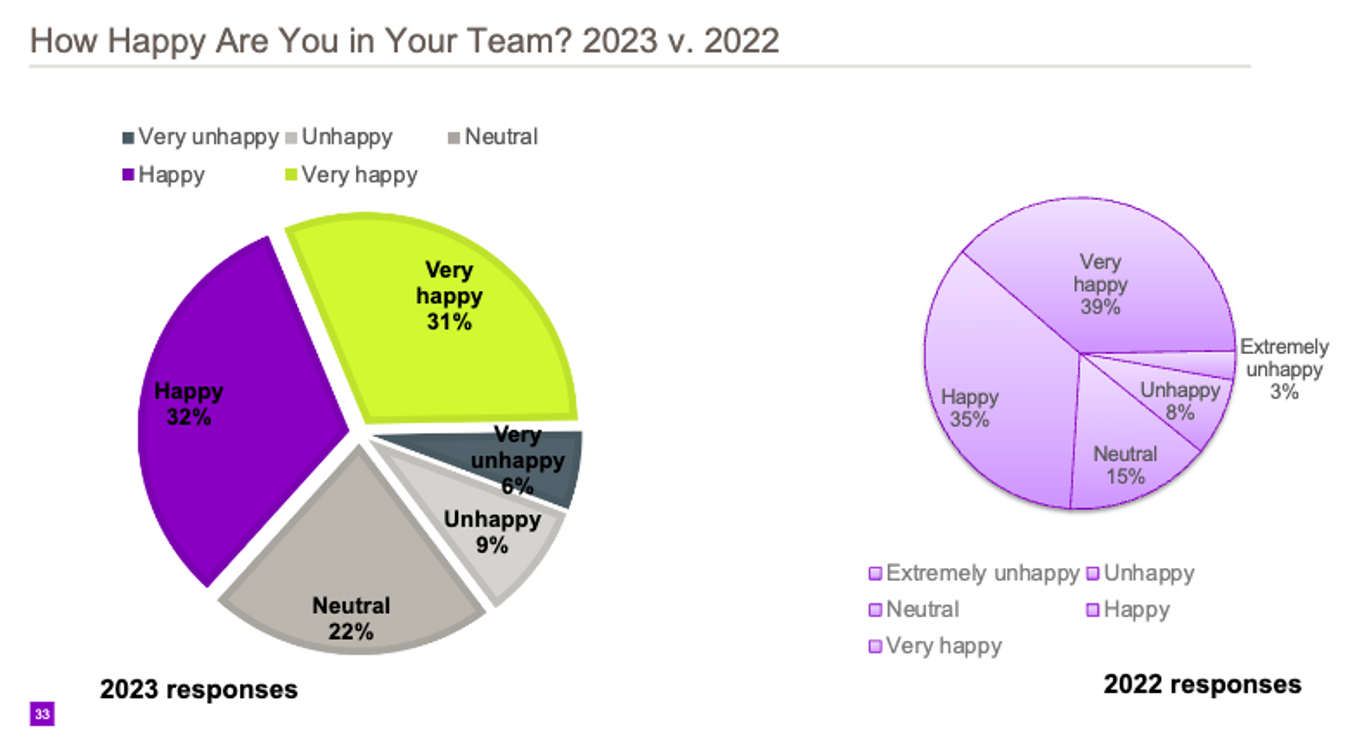
© The Cyclists' Alliance
The responses to a question around happiness in the women's professional peloton
The reasons for riders’ different levels of satisfaction are not clear, but findings from other parts of the survey point to where the issues lie. For example, one finding was that as well as often not being paid very much, 26% of riders were expected to pay for something they needed for their careers, varying from UCI medical tests, to basic equipment and repairs.
A similar number - 25% - said they were not happy with the level of equipment provided, with many additional comments relating to safety. Helmets and concussion were also a repeated theme in responses, TCA said.
Problems remain, but the trend is positive
Despite some backwards steps - such as more riders riding without a salary this year - and many challenges still remaining, the overall trend of the report’s findings is positive, particularly when put into context of the last five years of surveys. Salaries are going up, more riders are on WorldTour teams, and there are increasing protections for many riders.
More qualitatively, there were some negative findings - such as financial reasons remaining a key reason why riders cut their careers short - but TCA also found plenty of things to celebrate, such as 70% of riders reporting that they feel their team is run in a professional way, and very few responding that they’ve ever felt unsafe in their team.
All these things are clear improvements from 10 or even five years ago, and whilst the survey found many things that still need to change in women’s cycling, there are also promising signs that things are changing, and new policies are working.
To look at the full findings of The Cyclists’ Alliance annual survey, visit their website and the full report.
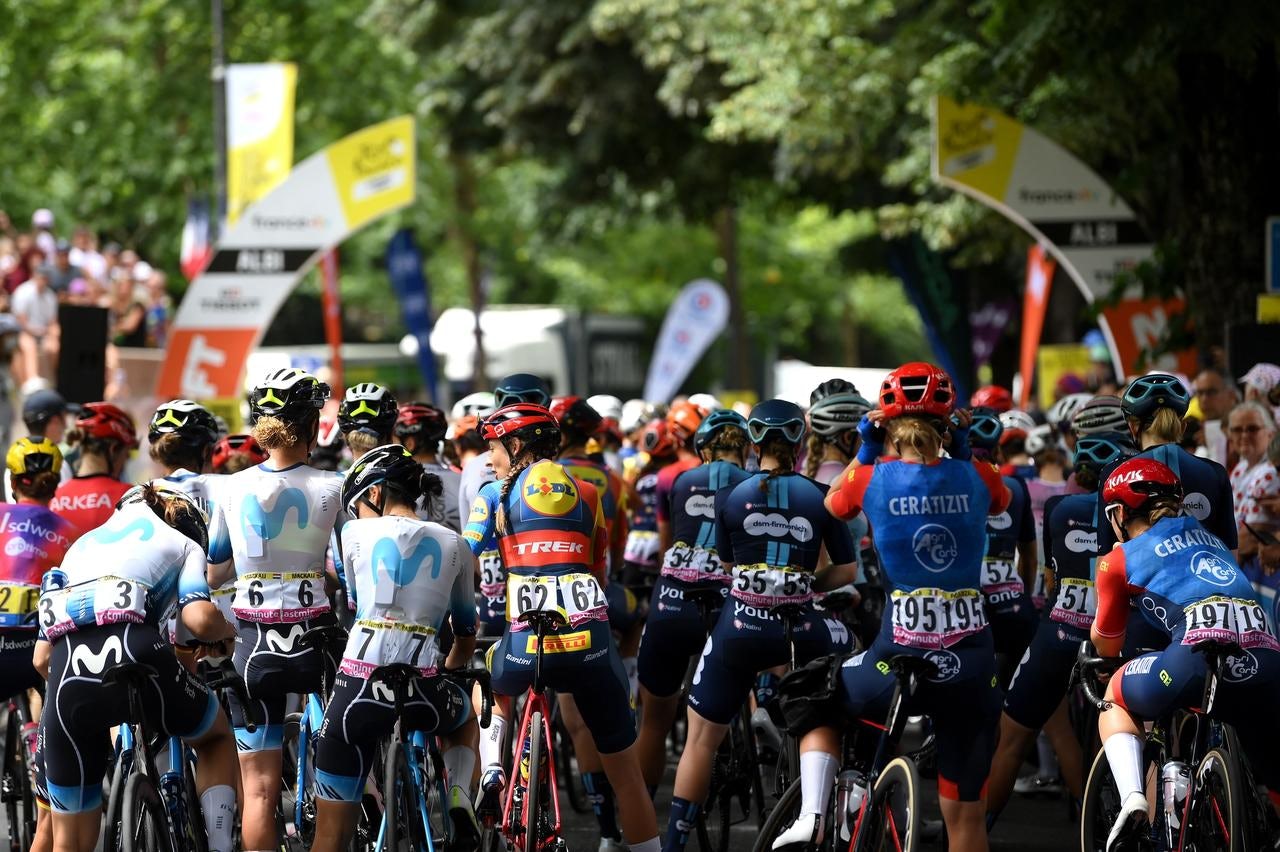





.jpeg?w=600&auto=format)
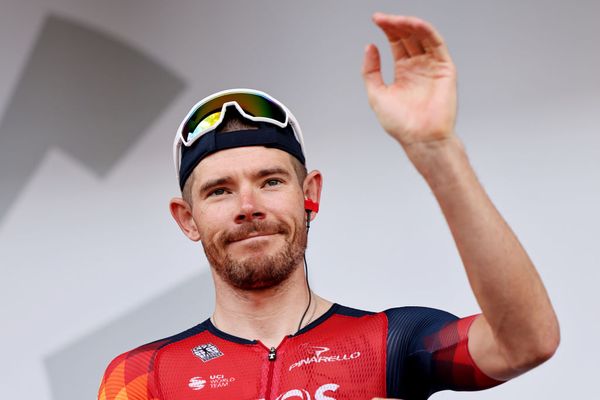
.jpg?w=600&auto=format)
